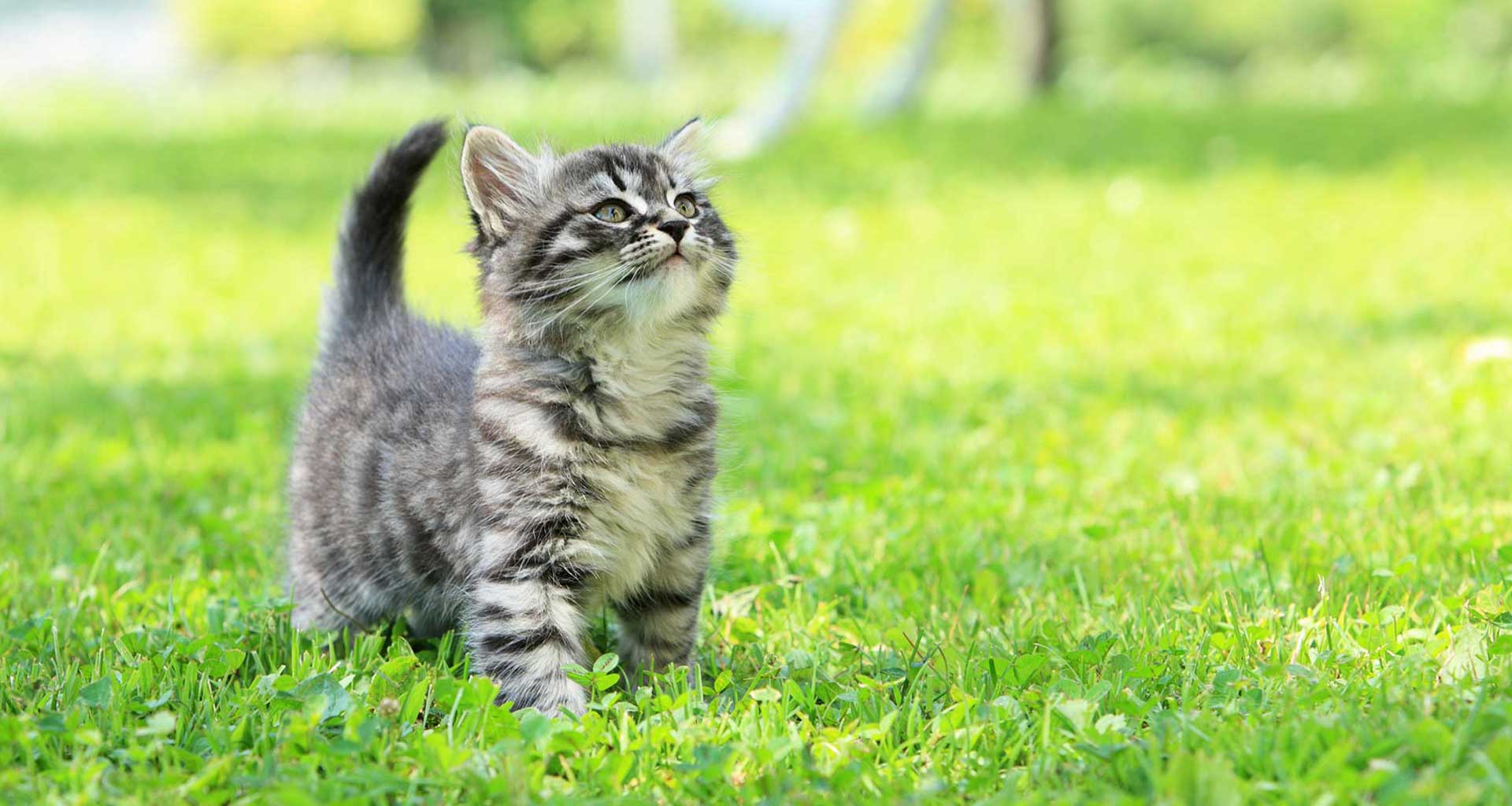Our pets are naturally inquisitive and use their mouths to sense and feel. Dogs are especially good at having a chew – and cats are too! It will come as no surprise then, that this can be a serious problem if you’ve got poisonous plants at home.
The thing is, how can you tell if your houseplant is safe or poisonous for your cat or dog? This article helps you figure out what to look out for and how to choose indoor plants that look great and don’t pose a threat to your pet.
Houseplants that are poisonous to pets
There are a lot of indoor plants that are dangerous for your pets. Pink and yellow oleander might look nice in a pot, but every part of the plant is poisonous! Even the sap from your standout poinsettia can cause skin irritation.
From lovely lilies to gorgeous geraniums, plenty of plants can make your cat or dog seriously ill. If you’ve got aloe vera, azaleas, cyclamen, philodendron or tulips in the house, give them to a pet-less friend.
Check out this article which has a list of 10 common plants and flowers that are toxic to cats and dogs. It also include the symptoms your pet could experience if they have ingested the poisonous plant.
For a comprehensive list of toxic plants to pets, head to the American Society for the Prevention of Cruelty to Animals (ASPCA) website. Their list includes pictures that will help you identify if you have any of the culprits around the house.
Safe houseplants for cats and dogs
The good news is, there are heaps of plants that are safe (and easy) for you to grow indoors. Spider plants, ferns and colourful bromeliads and marigolds are all harmless to dogs and cats. Beautiful moon orchids are safe too. Check out the ASPCA website for a list of houseplants that are safe for your pet.
Cats seem to be more into plants – catnip (Nepeta cataria) being the obvious one. It’s easy to grow indoors so makes for a perfect houseplant. You could even pick up some cat herbs, such as cat mint (Nepeta mussinii) and cat thyme (Teucrium marum). Both cats and dogs like to eat grass as it’s good for their digestion, so keep cat grass (Dactylis glomerata) in a pot for them to chew on occasionally.
What to do if you think your pet has been poisoned
If your cat or dog has ingested something poisonous, they’re likely to be lethargic, stop eating, be sick and have diarrhoea. They might even have a seizure. Check their gums to see if they look abnormal (normal is a healthy pink). If your pet displays any of these symptoms, contact us immediately and be ready to take your companion in.


